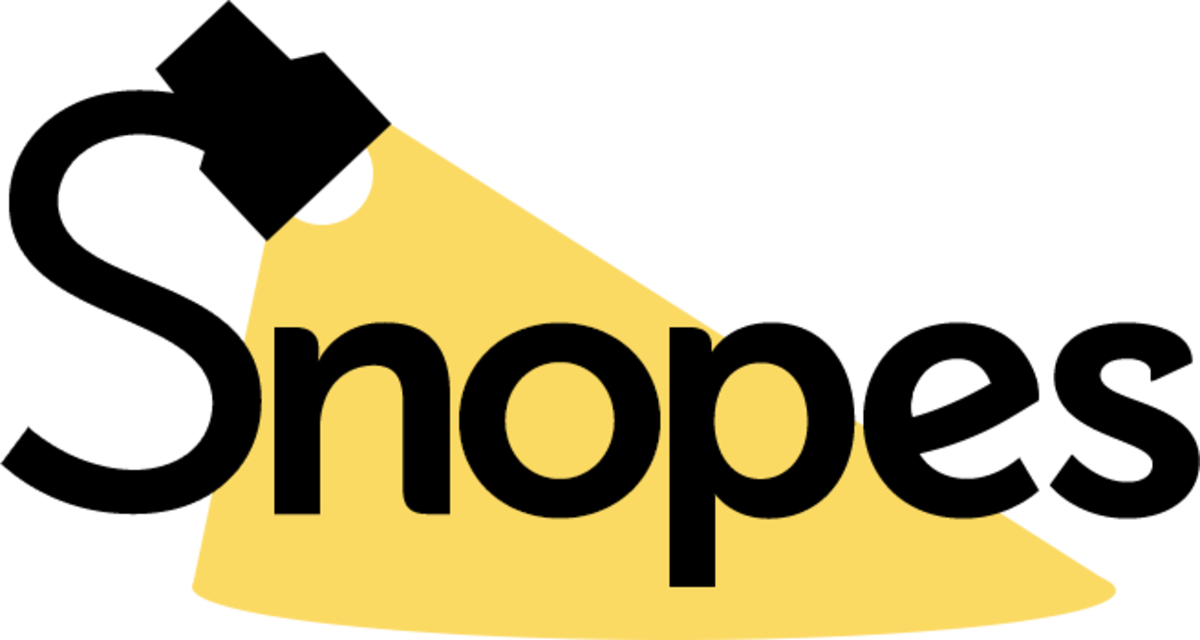Looking for a quick way to find out if that weird news story is true or not?
 |
| https://www.snopes.com/fact-check/bear-attack-photo/ |
 |
| www.snopes.com |
Snopes.com investigates loads of internet claims and can tell you if they are true or not. Cut and paste the title of a news article or the text around an image you are not sure of and see if they have investigated it. If they have, they will tell you if it is true, false, or if they can't find enough information to say either way. They will also share with you the source of their information.









